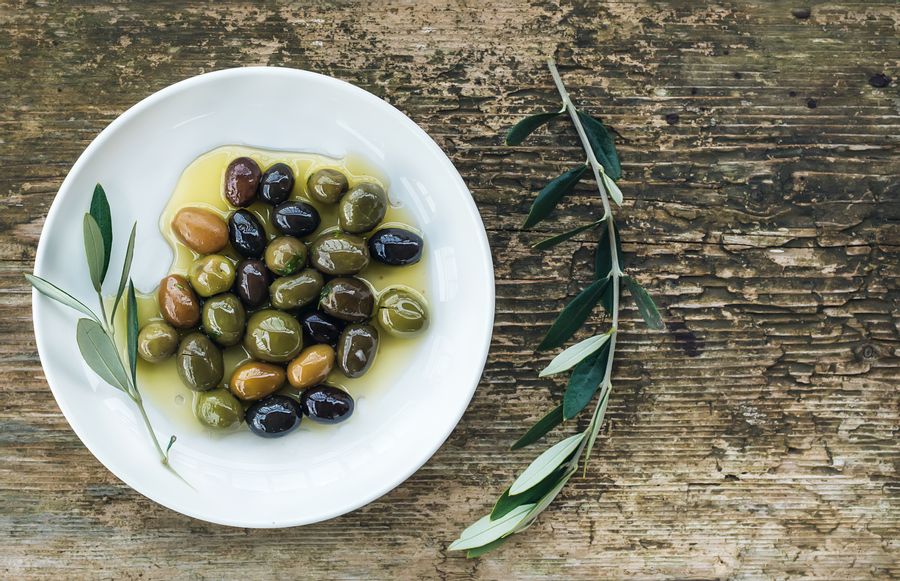How a Beatnik with a Case of Wanderlust Changed the Way America Eats

Back in the 1970s only health-food nuts ate yogurt, eggplant was rarely found outside of “ethnic” markets, and no one had ever heard of couscous. Around that same time, Paula Wolfert, the subject of Emily Kaiser Thelin’s biography, Unforgettable, began traveling to the Mediterranean and writing cookbooks that would have a profound impact on how Americans eat. Her recipes emphasized fresh, in-season produce, best-quality seafood and meat, and above all, plenty of olive oil (and other good-for-you unsaturated fats).
Today we call this the Mediterranean Diet, and research points to its many health benefits (see Five Things the Mediterranean Diet Can Do, below). If you’re a regular Sun Basket customer, you’re already following the Mediterranean Diet to some extent. Our recipes lean heavily on this healthy and delicious way of eating. And our staff nutritionist Kaley Todd is a big fan.
Because it’s one of the most inclusive of diets, the Mediterranean Diet has broad appeal and is easy to follow. “It’s the best of both worlds,” Todd says. “The flavors are amazing, and the health benefits are measurable. It’s one of the best examples of how nutritious food can also be delicious.”
Five Things the Mediterranean Diet Can Do
1. Aging Well
A landmark study of American female nurses found that those on the Mediterranean Diet in middle age were about 40% more likely to live past 70, free of any of 11 chronic illnesses, including type 2 diabetes, Parkinson’s Disease, and many cancers.
2. Brain Health
Australian researchers recently found that the Mediterranean Diet is associated with lower rates of cognitive decline and Alzheimer’s disease. The diet even improves ordinary cognitive functioning: those on the diet also showed better memory and executive functioning, such as reasoning and planning.
3. Breast Cancer Prevention
In one of the largest studies, scientists analyzed the eating patterns of more than 4,200 women in Spain, and found that those consuming a Mediterranean diet were 62% less likely to get breast cancer than those following a standard low-fat diet.
4. Heart Health
One European study followed more than 2,500 Greek adults for over a decade, tracking their medical records, lifestyle habits, and eating patterns. Those who most closely followed the Mediterranean Diet were a whopping 47% less likely to get heart disease, regardless of their smoking habits, age, family history, or other lifestyle factors.
5. Weight Management
It’s a common misconception that high-fat diets lead to weight gain. Results from one major study show that those following a Mediterranean diet lost significantly more weight than those who ate a low-fat diet.









